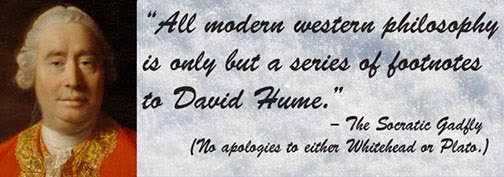“I was doing good science,” Therese Markow, now a professor at the University of California, San Diego, said in a telephone interview.Maybe you were doing going science, in a narrow definition, but you were doing terrible ethics.
Is it any wonder that indigenous people around the world, including the Havasupai Indians mentioned in the story, don't trust various life scientists treading into their homelands?
And, it gets worse.
“Everyone wants to be open and transparent,” said Dr. David Karp, an associate professor of internal medicine at the University of Texas Southwestern Medical Center in Dallas, who has studied informed consent for DNA research. “The question is, how far do you have to go? Do you have to create some massive database of people’s wishes for their DNA specimens?”Yes, you do!
And, while the question is foremost for and about indigenous peoples, I know full well that I don't want scientists with the ethical stances of Karp or Markow asking me to participate in DNA research, either.
And, the historical obtuseness doesn't just stop there. The exploitation of Henrietta Lack's DNA, without informing her or her family, some 50 years ago, just became public earlier this year.
